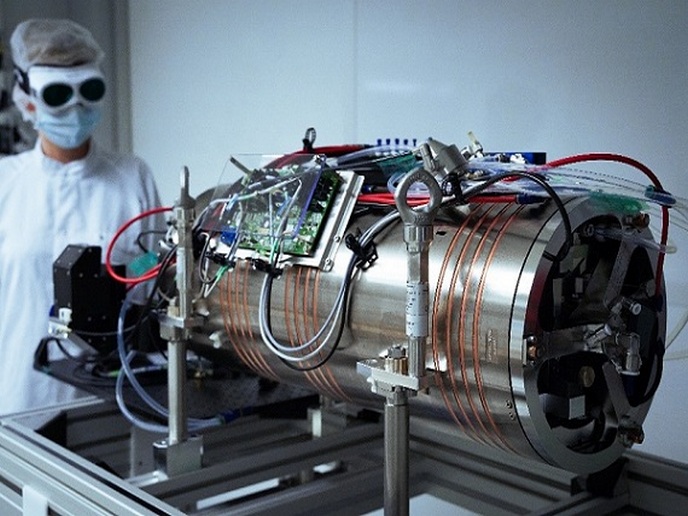The impact of employment systems on careers
The current employment system is in a state of transformation. Organisations have moved towards a more decentralised model of decision-making, empowering their lower-level employees to make decisions that before were left up to the managers. In addition, there has been a dismantling of internal labour markets (ILMs) which has led to a new model of career development between organisations. Companies have moved towards a model of distributed workforce and it is not uncommon to find people working on the same team but across different geographic boundaries. Adequate research is needed to investigate how these transformations have changed the traditional model of career advancement. The main research goal that comprised the EU-funded 'Work systems and career advancement' (WSCA) project was to investigate how new work systems and organisational practices, have affected individuals’ career advancement. The first study within the WSCA used a United States matched employer–employee representative sample to investigate how giving more voice and decision-making power to employees affected employee promotions. This study found that individuals who are in jobs with high-involvement practices obtain more opportunities for promotion. Another study examined whether the dismantling of ILMs has also affected the career patterns of successful executives. The study found that current executives have shorter tenure, hold shorter-duration jobs, are less specialised and hold more graduate degrees than their equivalents three decades ago. This suggests executives have migrated towards a model of external careers. Another study investigated how the movement towards a mediated labour market, for example via headhunters and online job boards, has affected career outcomes, specifically wages and access to employment. One important finding is that these intermediaries replicate some of the biases that already existed in organisations, and in some cases they may even have exacerbated them. Finally, another study looked at an aspect of work distribution: manager-worker separation and found that having the manager separated from the worker may actually improve performance in some cases. Dissemination of the study's results has taken place through academic and practitioner publications. The information is relevant for use in the careers and management literature. Furthermore, it can contribute to the debates on participatory work systems and on income and opportunity inequalities.







